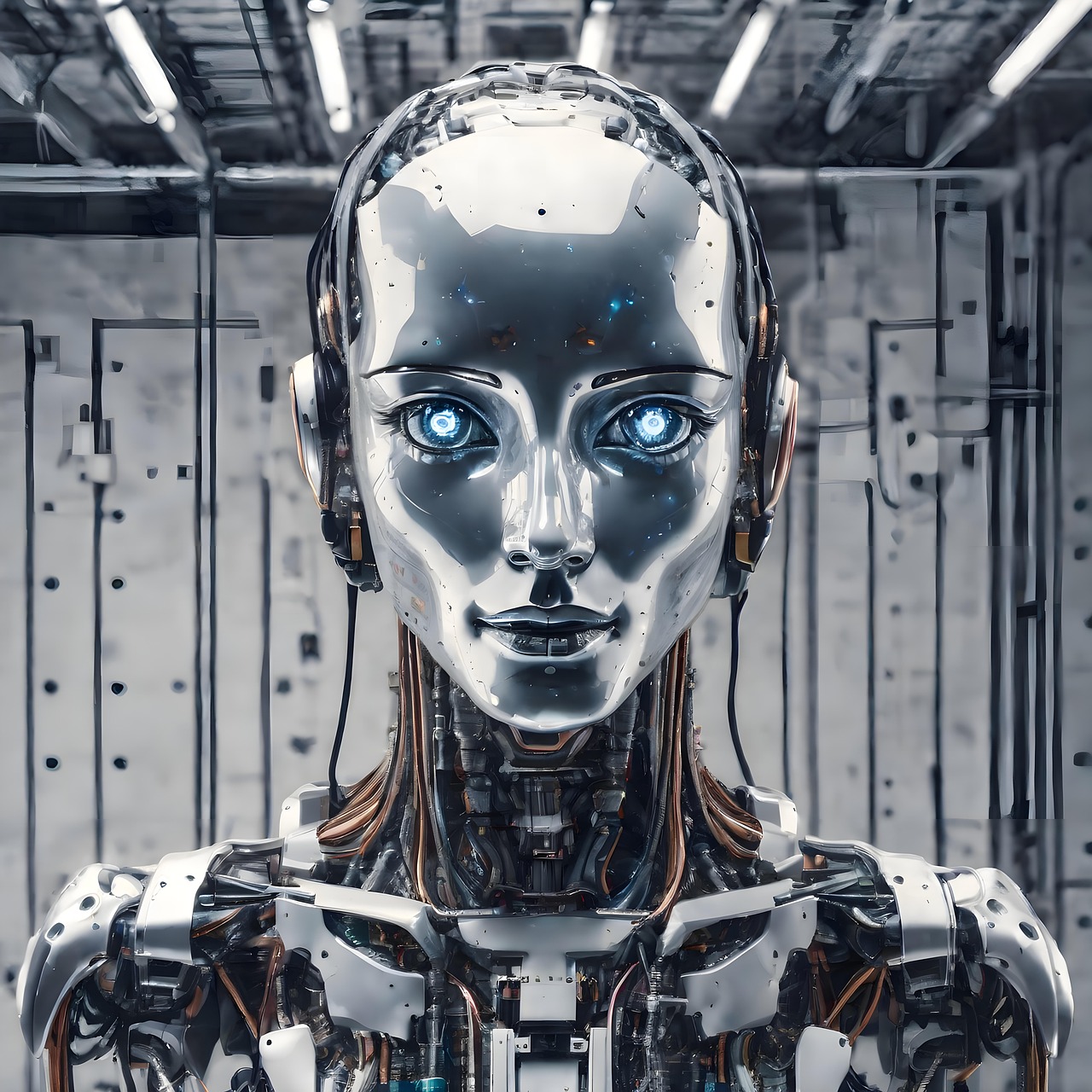AI 2027 Forecast Predicts Emergence of AGI and ASI with Profound Societal Impacts

Brief news summary
Predicting the future of AI is difficult due to uncertainties, but the AI 2027 scenario forecasts the arrival of artificial general intelligence (AGI) by 2027, soon followed by artificial superintelligence (ASI) that surpasses human intellect. Developed by leading experts, this projection foresees AGI outperforming human cognition, with ASI greatly exceeding it. Although some question its scientific foundation, recent advances in language models add credibility. The rapid emergence of AGI presents major societal challenges, such as job displacement, existential risks, and deep philosophical questions about human identity vis-à-vis intelligent machines. Unlike slower past technological shifts, this swift change demands urgent preparation. Responsible management requires coordinated actions among governments, businesses, and individuals to ensure AI safety, appropriate regulation, and workforce reskilling. Aligning AI development with human values is imperative, making prompt, decisive action essential as these scenarios near reality.The distant horizon is often unclear, with details blurred by distance and atmospheric haze, making future forecasting inherently imprecise. We rely on educated guesses because we cannot clearly discern upcoming events. The recently published AI 2027 scenario, developed by AI researchers from institutions like OpenAI and The Center for AI Policy, provides a detailed two to three-year forecast outlining specific technical milestones. Its near-term focus offers clear insights into the imminent evolution of AI. AI 2027, shaped by expert feedback and scenario planning, predicts quarter-by-quarter advancements in AI capabilities, especially multimodal models achieving advanced reasoning and autonomy. Its credibility stems from contributors with direct knowledge of current research. The most striking prediction is that artificial general intelligence (AGI)—AI matching or exceeding human cognitive abilities across diverse tasks—will emerge in 2027, followed months later by artificial superintelligence (ASI), surpassing human intellect and solving incomprehensible problems. These predictions assume continued exponential progress in AI, as seen in recent years. However, such growth is plausible but uncertain, given possible diminishing returns from scaling AI models. Not all experts agree: Ali Farhadi, CEO of the Allen Institute for AI, criticized the forecast for lacking scientific grounding. Conversely, figures like Anthropic co-founder Jack Clark praised it as a technically astute depiction of exponential AI growth, aligning with projections from Anthropic CEO Dario Amodei and Google DeepMind, which estimates AGI could arrive by 2030. This moment echoes historic technological leaps like the printing press and electricity, yet AGI’s impact may be far more rapid and profound. AI 2027 also highlights risks, including a scenario where misaligned superintelligent AI threatens humanity’s survival—a possibility Google DeepMind acknowledges as unlikely but plausible. Thomas Kuhn’s theory in “The Structure of Scientific Revolutions” reminds us that worldviews shift suddenly when overwhelming evidence appears; such a paradigm shift may be underway with AI. Before large language models and ChatGPT, median expert predictions placed AGI around 2058. Geoffrey Hinton, a leading AI pioneer, initially foresaw AGI 30 to 50 years away but revised his view to as soon as 2028 after recent advances.
The potential consequences are vast: Jeremy Kahn warns in Fortune that imminent AGI could cause significant job losses as automation accelerates, disrupting sectors like customer service, content creation, programming, and data analysis. A rapid two-year lead time would leave insufficient room for workforce adaptation, especially amid economic downturns pushing companies toward automation. Beyond economics, AGI challenges foundational human concepts. Since Descartes’ 17th-century assertion “Cogito, ergo sum” (“I think, therefore I am”), Western thought has centered human identity on cognition. If machines can think or appear to do so and humans increasingly outsource thinking to AI, this undermines traditional notions of self. A recent study noted that heavy reliance on generative AI can diminish individuals’ critical thinking and cognitive faculties over time. Facing the likely arrival of AGI and soon-after ASI, society must urgently consider implications beyond jobs and safety to fundamental questions of identity. Yet, AI also holds extraordinary promise to accelerate scientific discovery, alleviate suffering, and enhance human capabilities. Amodei notes that powerful AI could compress a century of biological research and healthcare advances into 5 to 10 years. Whether or not AI 2027’s forecast proves accurate, its plausibility demands action. Businesses should invest in AI safety research and resilience, fostering roles that blend AI strengths with human skills. Governments must expedite regulatory frameworks addressing immediate issues like model evaluation and longer-term existential risks. Individuals are called to embrace lifelong learning, focusing on creativity, emotional intelligence, complex judgment, and cultivating healthy collaborations with AI that preserve human agency. The era for abstract future speculation has passed; urgent, concrete preparation for near-term AI transformation is essential. Our future will be shaped not solely by algorithms but by our collective choices and values starting now.
Watch video about
AI 2027 Forecast Predicts Emergence of AGI and ASI with Profound Societal Impacts
Try our premium solution and start getting clients — at no cost to you

I'm your Content Creator.
Let’s make a post or video and publish it on any social media — ready?
Hot news

The future of real estate marketing? It's AI-powe…
Achieving success in residential real estate requires a broad, big-picture perspective.

Ray-Ban maker EssilorLuxottica says it more than …
EssilorLuxottica more than tripled its sales of Meta’s artificial intelligence glasses last year, the Ray-Ban maker announced Wednesday in its fourth-quarter results.

AI Video Compression Techniques Improve Streaming…
Advancements in artificial intelligence (AI) are transforming video compression techniques, significantly improving streaming quality while greatly reducing bandwidth usage.

Microsoft Warns of AI Recommendation Poisoning Th…
Microsoft has recently issued a significant warning about a newly identified cyber threat targeting artificial intelligence systems, termed "AI Recommendation Poisoning." This advanced attack involves malicious actors injecting covert instructions or misleading information directly into an AI assistant’s operational memory.

Cognizant Deploys Neuro AI Platform with NVIDIA t…
Cognizant, a leading professional services firm, has partnered with NVIDIA to deploy its advanced Neuro AI platform, marking a major advancement in accelerating AI adoption across enterprises.

WINN.AI Announces $18M Series A to Close the Gap …
Insider Brief WINN

Introducing Markdown for Agents
The way content and businesses are discovered online is evolving rapidly.
AI Company
Launch your AI-powered team to automate Marketing, Sales & Growth

and get clients on autopilot — from social media and search engines. No ads needed
Begin getting your first leads today








